Respiratory physician Lutz Beckert considers chronic obstructive pulmonary disease management, including the prevention of COPD, the importance of smoking cessation and pulmonary rehabilitation, and the lifesaving potential of addressing treatable traits. He also discusses the logic of inhaler therapy, moving from single therapy to dual and triple therapy when indicated, as well as other aspects of management
The minister said what! Sector reacts to reform news
The minister said what! Sector reacts to reform news

Racing to print deadline, New Zealand Doctor Rata Aotearoa reporters hit the phones following health minister Andrew Little’s announcement of changes to the health system last week. The string of adjectives arising in commentary on the new health structures falls in favour of the positive, but with the perennial qualifier – the devil’s in the detail – making a regular appearance. The following are abridged comments from articles appearing on nzdoctor.co.nz on 21 April, the day of the announcement
General practice can have influence on the comprehensive health system reforms announced by health minister Andrew Little, says RNZCGP medical director and Porirua GP Bryan Betty.
General practice needs a seat at the implementation table, Dr Betty says.
“It’s really important over the next 12 months for primary care and general practice to have a voice in how those services are delivered…in terms of locality and regional flavours.”
The reforms are being run by a Transition Unit in the Department of the Prime Minister and Cabinet and Dr Betty says the college expects to meet with the unit on a regular basis, as proposals involving primary care arise.
Tensions can be expected between centralising health services and catering to regional needs, so general practice needs to make sure its voice is heard by the unit and decision-makers.
Marlborough GP Buzz Burrell is thrilled the health reforms aim to reduce bureaucracy and inequity in New Zealand’s health system. He says he cynically expected the Government to just “rearrange the deck chairs, or maybe throw some of them away”.
“But, all credit to Andrew Little, he demonstrated leadership, he was guided by the Simpson [Health and Disability System Review] report, but didn’t allow himself to be led or constrained by it.
“With no disrespect to Heather Simpson, I didn’t like her final report. She was disrespectful to general practice. Her recommendations were nudging, as opposed to radical.”
He envisages the system will be more sustainable and equitable with the removal of DHBs and PHOs and creation of new Crown entity Health New Zealand and a Māori Health Authority.
“My only hope and serious request is that they take a look at the UK’s NHS and see what went wrong there, and be conscious of not recreating their mistakes.”
Questions remain: “If I was to dangle microphones across the country, and had a dollar for every time someone said ‘the devil will be in the detail’, I’d be a millionaire by lunchtime. And I’d be one of those people too.
“The question we need to ask is, what are we going to look like five years from now?”
Past performance won’t be much use in determining which, if any, of the 30 PHOs have a future after changes kick in July 2022, says Pinnacle Midlands Health Network boss Helen Parker.
Pinnacle belongs to General Practice NZ which recently expressed concern about possible loss of services with the changes. Ms Parker doesn’t share that worry.
Mr Little has clearly indicated there will be extensive engagement with primary care, she says. “The key thing for me is understanding the design that now needs to happen reflects a commitment to greater investment in primary care and services.”
PHO work has been shown to improve communities’ health outcomes, particularly around equity and access to services, so can be expected to continue via whatever replaces existing structures, says Ms Parker. The capability and quality of leadership at all levels will ensure success or failure.
Māori may only get one shot at dictating their own health outcomes, says Wellington-based health researcher Gabrielle Baker, so “we had better give it everything we’ve got”.
Ms Baker says part of the challenge for her and any of the people working and caring deeply for Māori health is that the stakes are really high.
“The creation of a Māori Health Authority feels exciting, and has been a long time coming, but I also feel some worry and concern.
“If it doesn’t go well, we’ll probably get the ‘oh well, we tried something different for Māori health, but it didn’t work’ line... There is no reason why [the authority] should be a one-shot opportunity but, if it is, we have to make sure we take a really hard shot, not the lightest version, set up to fail.
“So, for me, watching something like this, yes, it’s exciting, but I feel it’s my duty to view it with a critical eye.”
This means it’s time for everyone to get involved and not allow the interim agency to be dominated by Ministry of Health officials as suggested by Mr Little. She finds it difficult to imagine the people working within the status quo working actively to disrupt the status quo, because “they end up working within the limits of what they imagine is possible”.
Academic and Papakura GP Matire Harwood was having second thoughts before she headed to Wellington for the health reforms announcement, but was glad she made the trip.
“There was such a sense of optimism and I thought both [Mr Little and associate health minister Peeni Henare] spoke from the heart...a few of us had tears in our eyes when Andrew Little talked about the little boy and entrusting him to surgeons.”
There were reports of fist-pumping back in the office of her PHO, National Hauora Coalition, when the Māori Health Authority was confirmed.
“I think everyone came away from the announcement thinking this is going to be fantastic. I know we need to hear the details but, for me, the vision is clear and promising, even if we don’t quite know who is going to build the rubber that will eventually hit the road.”
If Dr Harwood has any concerns, they are around the board that will administer the new authority.
She wants fresh faces involved: “I think that message was delivered loud and clear, we can’t have the same old, same old. We need younger faces, we need experts in the cultural changes that will be needed, we need experts in commissioning.”
Dr Harwood says her take-away from the day was the widespread buy-in from her healthcare colleagues.
“It was clear from every meeting, whether about the Māori entity, community services or primary care, every single person said: ‘I want to help, please communicate with me’. We all want change, and I think this is the best thing that can happen.”
Ōpōtiki GP Jo Scott-Jones believes the health reforms announced last week present a real opportunity “to do things differently”. Dr Scott-Jones, medical director of Pinnacle Midlands Health Network, says: “The structures and functions need to change. PHOs have made a significant impact but they’re following a strategy from 20 years ago.
“Rural communities need to be given a voice in building the system, taking into account the need for different models of care, and rural workforce challenges.
“So, for a town of 5000 that’s 50km away from a district hospital, we need to ensure they are appropriately staffed with pharmacy, nursing and medical specialists.”
Dr Scott-Jones wasn’t surprised to see the Government opt for a Māori Health Authority with a commissioning role alongside new Crown entity Health New Zealand.
“To have long-term impacts on Māori health outcomes, [the authority] needs to be wide-reaching, including into the social determinants of health like education, justice and social support. It’ll be interesting to see how that develops.
“The whole concept of equity of access is really important, for rural communities who have worse outcomes due to access, and rural Māori who have worse outcomes due to colonisation, racism and lack of access.”
Temuka GP Bryan Moore says Mr Little’s reforms will see general practice funding no longer coming via PHOs and DHBs. So, the funding contracts will have to be renegotiated.
Dr Moore says practices will not accept the PHO Services Agreement they accepted in 2004, “because we’ve got 17 years’ worth of experience that this has kind of shafted us”.
“That contract gave the undertaking they would maintain the value of the funding, and by no measure have they maintained the value of the funding.”
The lack of detail on how the reforms will affect primary care also leaves him sceptical, as it was a similar situation during the early 2000s’ reforms that led to the PHO system.
“Effectively, it’s the same pocket of money: They are changing through whom you [GPs] are funded, but we don’t know yet how you are funded.”
Whatever materialises in July 2022 from the health reforms white paper, the fundamentals of general practice will remain and it will be a matter of integrating the specialty, says GenPro chair and Warkworth GP Tim Malloy. It’s important the primary care profession has a voice in that process, the Warkworth GP, who was at the Beehive announcement, says.
“General Practice is a significant stakeholder, and to that end, the onus is on [the Transition Unit and health ministers] to engage with us.”
For Kumeu Village Medical Centre GP William Ferguson, there’s a sense of déjà vu in the optimism expressed by Mr Little for the latest health reforms.
New Zealand’s public healthcare sector seems to be trapped in a “closed circle” of periodic structural rearrangement, providing little to no improvement in people’s health outcomes, Dr Ferguson says. He points to the creation of area health boards between 1983 and 1993, and then the competition-focused Crown health enterprises. In 2000, the enterprises were abandoned and the country got the DHBs.
“All the time I’ve been in practice, there has been this sense that there has been a succession of incarnations of reorganising health.”
However, he says the changes announced make sense. He hopes folding the country’s 20 DHBs into one body, Health New Zealand, will free up money to send primary care’s way.
Details have yet to be fleshed out about how primary care will be funded, and Dr Ferguson worries the funding can will be “kicked further down the road”, as has happened in the past.
But by addressing DHBs, rather than primary care, first, the Government is akin to “prioritising renovations in the roof while there’s a fire in the basement to put out”, he says.
“It is good to see that the reforms will be in place by mid-2022 but – given the need for organisations to work out how they work, including with other organisations, new strategies and plans, and new operational processes – it will be a number of years before the benefits start to flow,” says Wellington health researcher Jackie Cumming via email.
In the area of public health, she comments that the COVID-19 experience has made clear this needs significant strengthening.
Dr Cumming says some people will be disappointed the new agency isn’t separate from the Ministry of Health but, on the other hand, a more focused ministry may well support a stronger public health approach.
Three key areas where there is less detail are locality planning, and input from consumers, and disability. “It will be so important to have clearer plans on these sooner rather than later.”
Sandra Oster, Nurse Practitioners New Zealand chair, says she expects NPs and nurses will be involved in planning the new health system, especially in primary care and in Māori health. Ms Oster says, although Mr Little’s announcement didn’t directly acknowledge the vast contribution of nurses and NPs in primary care and in Māori health, they have proven their value in improving access to health services, particularly in rural areas, but they are not evenly spread across the country.
She was relieved to hear Mr Little give some attention to improving IT and digital services. “It is a barrier that we can’t access patient records from across DHBs. That would be a huge improvement in the care of patients, if [sharing of records] occurred.”
As a member of the panel that created the Simpson report, Peter Crampton says it is “deeply ironic” that his new job as deputy chair of Southern DHB has been given an early death by his old job as a result of the health reforms announced last week.
But, after 20 years of relative stability in healthcare, he sees plenty of reasons to feel good about the changes.
“We have seen change before, but more often than not, it was unwelcome change and didn’t have the backing of health workers or the wider medical community. This time it feels different and there is a clear head of steam that recognises the need for change.”
Professor Crampton was pleased to see the creation of an empowered Māori Health Authority – he has spoken out against the final report of the Simpson review, which restricted the entity to an advisory role.
He says Mr Little’s references to Te Tiriti o Waitangi and tino rangatiratanga broke new ground and mark “a significant and substantial shift in the language of government”. He hopes the agency establishes itself as “a positive disruptor within the health system”.
Reporting by Fiona Cassie, Alan Perrott, Zahra Shahtahmasebi and Simon Maude

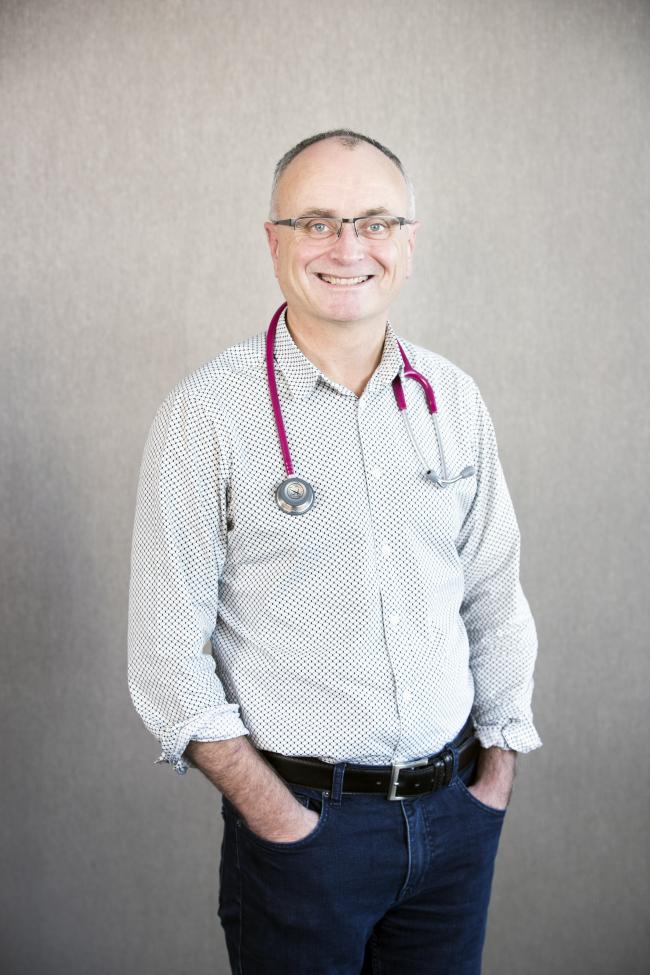
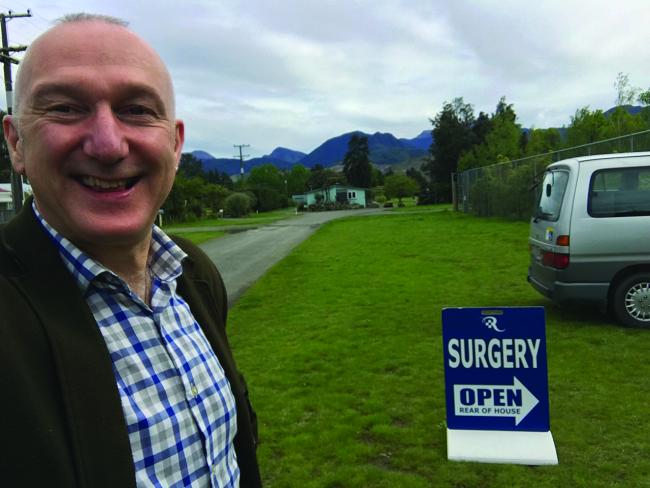
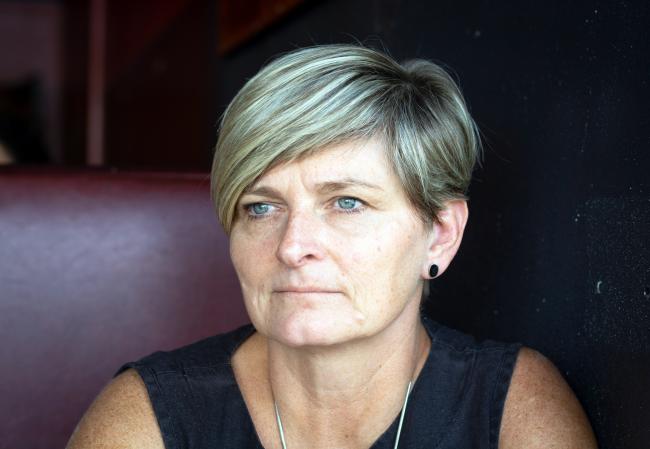
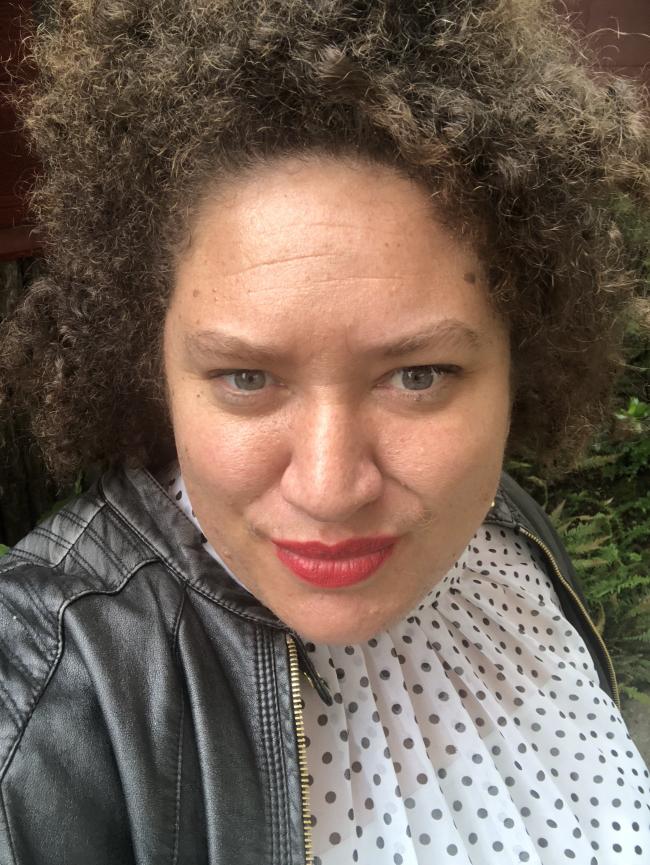
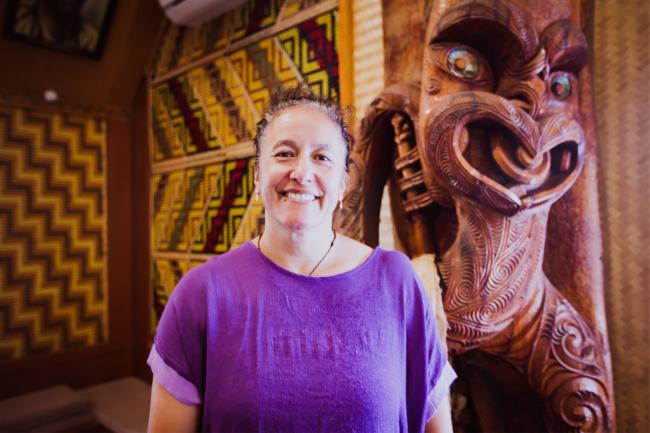
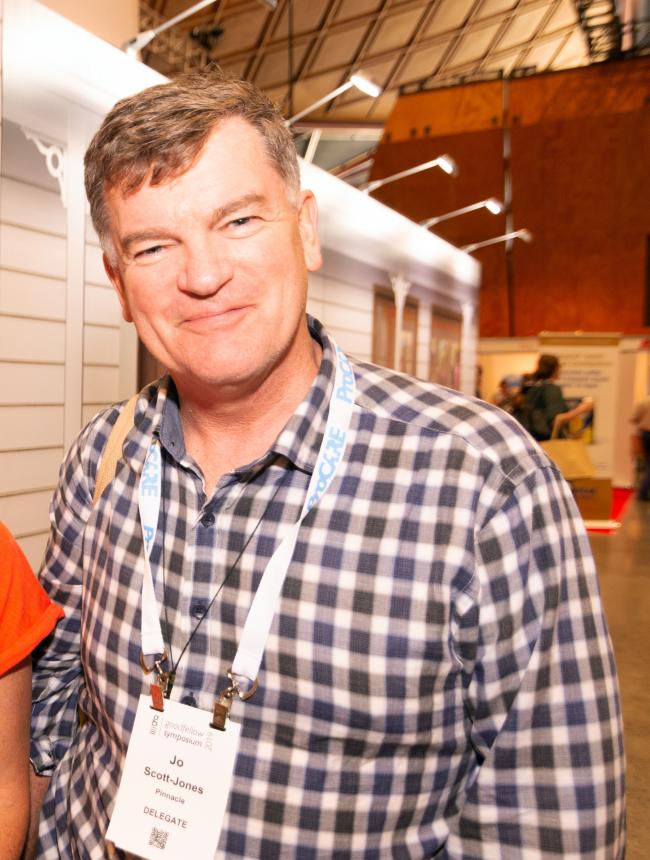
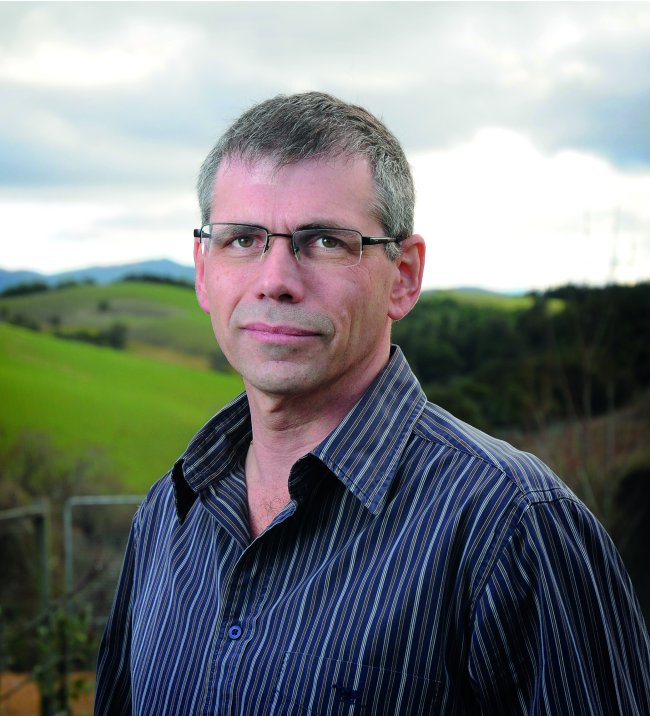
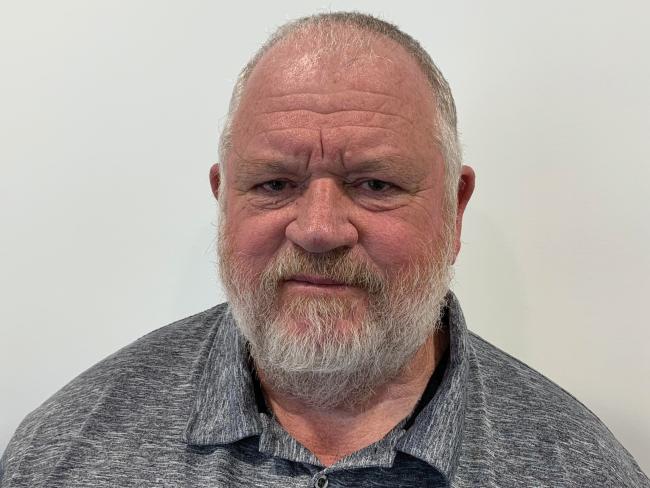
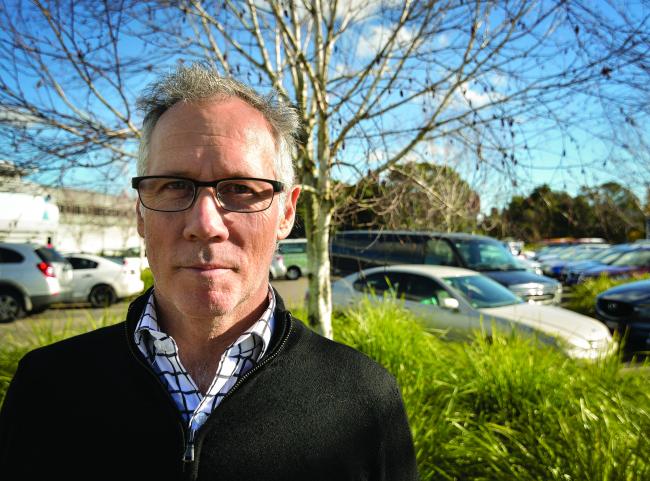



![Barbara Fountain, editor of New Zealand Doctor Rata Aotearoa, and Paul Hutchison, GP and senior medical clinician at Tāmaki Health [Image: Simon Maude]](/sites/default/files/styles/thumbnail_cropped_100/public/2025-03/Barbara%20Fountain%2C%20editor%20of%20New%20Zealand%20Doctor%20Rata%20Aotearoa%2C%20and%20Paul%20Hutchison%2C%20GP%20and%20senior%20medical%20clinician%20at%20T%C4%81maki%20Health%20CR%20Simon%20Maude.jpg?itok=-HbQ1EYA)
![Lori Peters, NP and advanced health improvement practitioner at Mahitahi Hauora, and Jasper Nacilla, NP at The Terrace Medical Centre in Wellington [Image: Simon Maude]](/sites/default/files/styles/thumbnail_cropped_100/public/2025-03/2.%20Lori%20Peters%2C%20NP%20and%20advanced%20HIP%20at%20Mahitahi%20Hauora%2C%20and%20Jasper%20Nacilla%2C%20NP%20at%20The%20Terrace%20Medical%20Centre%20in%20Wellington%20CR%20Simon%20Maude.jpg?itok=sUfbsSF1)
![Ministry of Social Development health and disability coordinator Liz Williams, regional health advisors Mary Mojel and Larah Takarangi, and health and disability coordinators Rebecca Staunton and Myint Than Htut [Image: Simon Maude]](/sites/default/files/styles/thumbnail_cropped_100/public/2025-03/3.%20Ministry%20of%20Social%20Development%27s%20Liz%20Williams%2C%20Mary%20Mojel%2C%20Larah%20Takarangi%2C%20Rebecca%20Staunton%20and%20Myint%20Than%20Htut%20CR%20Simon%20Maude.jpg?itok=9ceOujzC)
![Locum GP Helen Fisher, with Te Kuiti Medical Centre NP Bridget Woodney [Image: Simon Maude]](/sites/default/files/styles/thumbnail_cropped_100/public/2025-03/4.%20Locum%20GP%20Helen%20Fisher%2C%20with%20Te%20Kuiti%20Medical%20Centre%20NP%20Bridget%20Woodney%20CR%20Simon%20Maude.jpg?itok=TJeODetm)
![Ruby Faulkner, GPEP2, with David Small, GPEP3 from The Doctors Greenmeadows in Napier [Image: Simon Maude]](/sites/default/files/styles/thumbnail_cropped_100/public/2025-03/5.%20Ruby%20Faulkner%2C%20GPEP2%2C%20with%20David%20Small%2C%20GPEP3%20from%20The%20Doctors%20Greenmeadows%20in%20Napier%20CR%20Simon%20Maude.jpg?itok=B0u4wsIs)
![Rochelle Langton and Libby Thomas, marketing advisors at the Medical Protection Society [Image: Simon Maude]](/sites/default/files/styles/thumbnail_cropped_100/public/2025-03/6.%20Rochelle%20Langton%20and%20Libby%20Thomas%2C%20marketing%20advisors%20at%20the%20Medical%20Protection%20Society%20CR%20Simon%20Maude.jpg?itok=r52_Cf74)
![Specialist GP Lucy Gibberd, medical advisor at MPS, and Zara Bolam, urgent-care specialist at The Nest Health Centre in Inglewood [Image: Simon Maude]](/sites/default/files/styles/thumbnail_cropped_100/public/2025-03/7.%20Specialist%20GP%20Lucy%20Gibberd%2C%20medical%20advisor%20at%20MPS%2C%20and%20Zara%20Bolam%2C%20urgent-care%20specialist%20at%20The%20Nest%20Health%20Centre%20in%20Inglewood%20CR%20Simon%20Maude.jpg?itok=z8eVoBU3)
![Olivia Blackmore and Trudee Sharp, NPs at Gore Health Centre, and Gaylene Hastie, NP at Queenstown Medical Centre [Image: Simon Maude]](/sites/default/files/styles/thumbnail_cropped_100/public/2025-03/8.%20Olivia%20Blackmore%20and%20Trudee%20Sharp%2C%20NPs%20at%20Gore%20Health%20Centre%2C%20and%20Gaylene%20Hastie%2C%20NP%20at%20Queenstown%20Medical%20Centre%20CR%20Simon%20Maude.jpg?itok=Z6u9d0XH)
![Mary Toloa, specialist GP at Porirua and Union Community Health Service in Wellington, Mara Coler, clinical pharmacist at Tū Ora Compass Health, and Bhavna Mistry, specialist GP at Porirua and Union Community Health Service [Image: Simon Maude]](/sites/default/files/styles/thumbnail_cropped_100/public/2025-03/9.%20Mary%20Toloa%2C%20Porirua%20and%20Union%20Community%20Health%20Service%20in%20Wellington%2C%20Mara%20Coler%2C%20T%C5%AB%20Ora%20Compass%20Health%2C%20and%20Bhavna%20Mistry%2C%20PUCHS%20CR%20Simon%20Maude.jpg?itok=kpChr0cc)